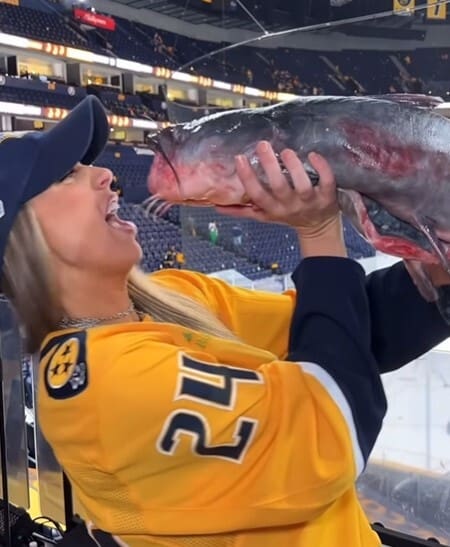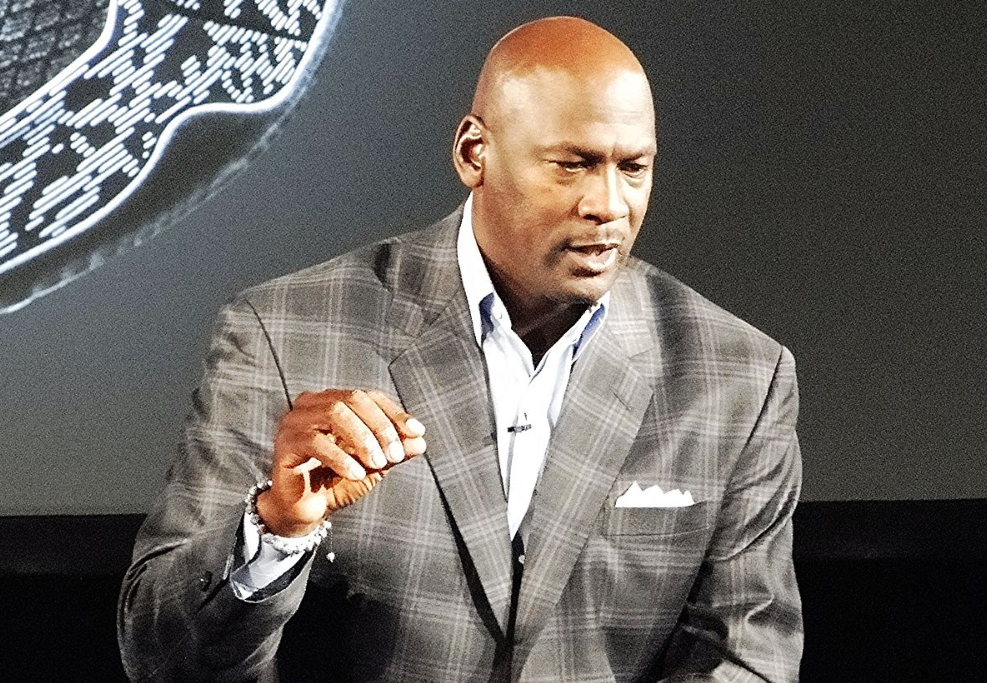Country singer Alli Walker has ignited a wave of controversy after her stunt at a Nashville Predators NHL playoff game where she drank beer from a dead fish, a spectacle that has left many viewers disgusted. The ritual, captured on video, shows Walker pouring Budweiser into the mouth of a dead catfish before consuming it herself, a move that elicited mixed reactions from the audience and online commentators.
While some fans at the game cheered her on, echoing the excitement of the playoff atmosphere, social media users expressed a range of negative reactions, highlighting how the act was distasteful and inappropriate. Critics called the stunt “disgusting,” while others lamented that it detracted from the sportsmanship and integrity of the game. Despite the backlash, Walker seemed to have found support among a segment of the audience, particularly on Instagram where some praised her for adding to the event’s excitement.
The catfish drinking stunt is part of a broader tradition within the Nashville Predators fan community, originating from a similar practice by Detroit Red Wings fans who throw octopuses on the ice. This act is meant to symbolize the eight wins needed to secure the Stanley Cup. However, Walker’s personal spin on this tradition by using the fish as a drinking vessel has sparked debate about the appropriateness and image of such public displays, especially when linked to professional events.
This incident also served as a promotional act for Walker’s new single, “CREEK,” which features lyrics that playfully reference catching fish. The choice to incorporate the stunt into her performance at the game ties into her artistic persona and music, yet it raises questions about the limits of blending spectacle with promotion, particularly in ways that may cause public discomfort or outrage.
Reflecting on the varied reactions, this event underscores the fine line between entertainment and offensiveness in public spectacles. It challenges the boundaries of traditional fan interactions at sports events and probes the implications of using such moments for personal or promotional gain in ways that might not always be received positively by the wider public.




